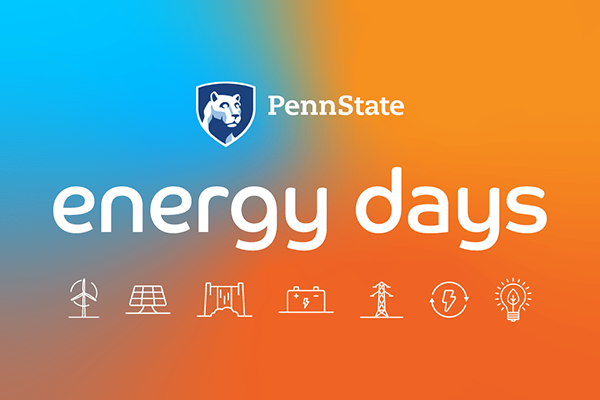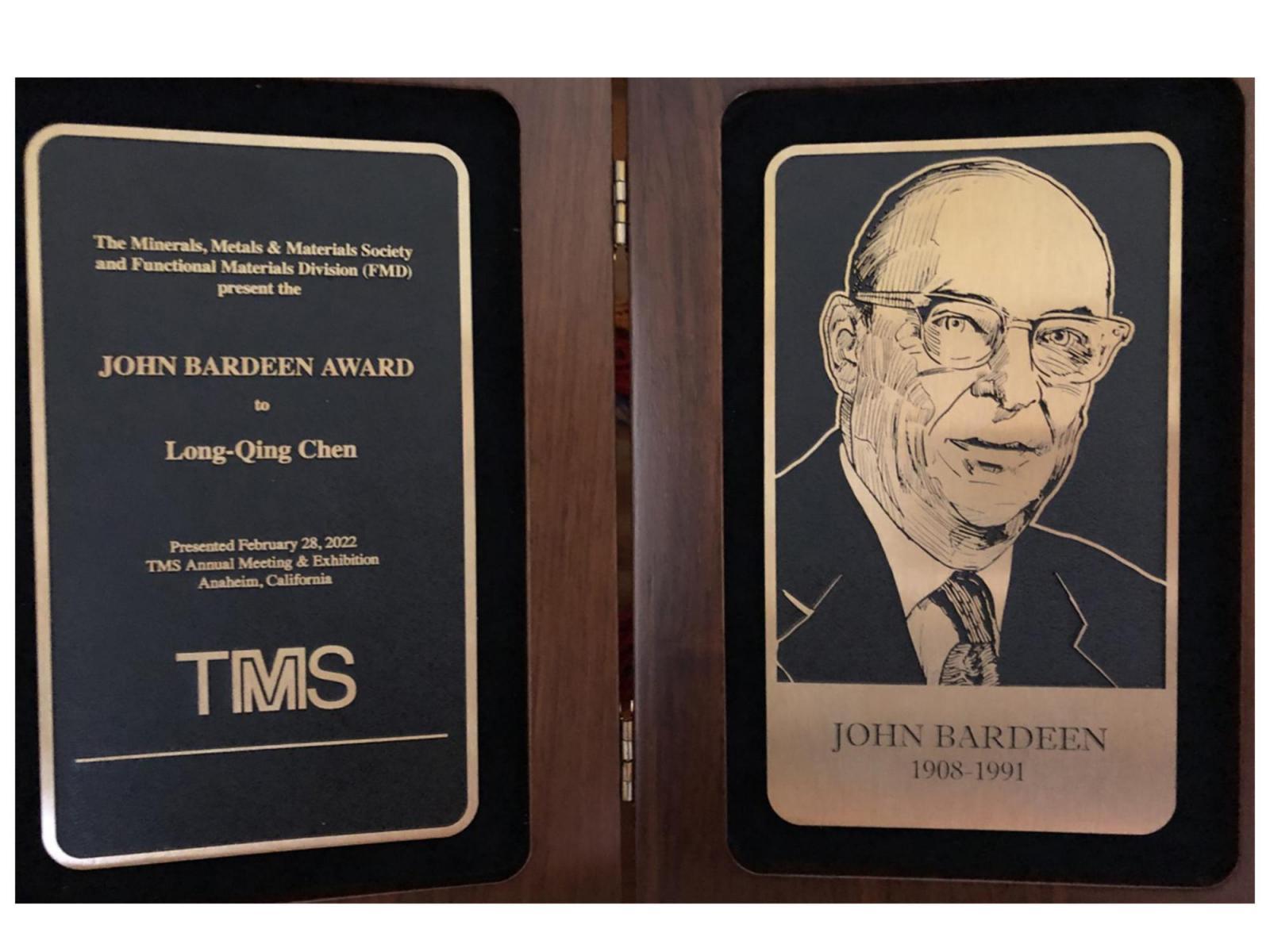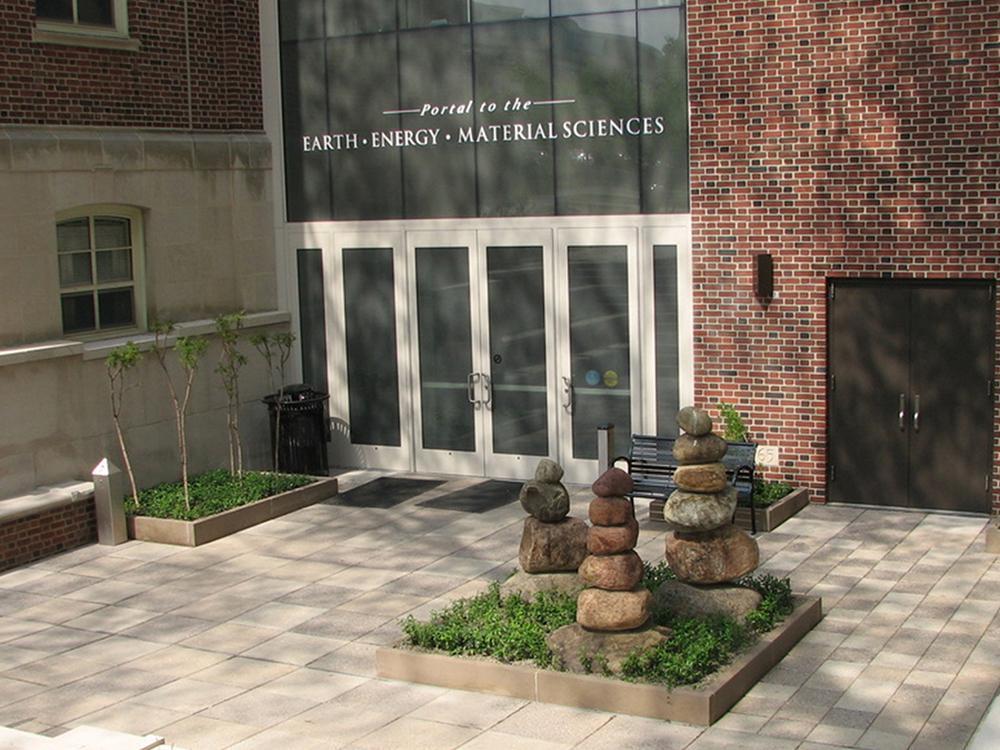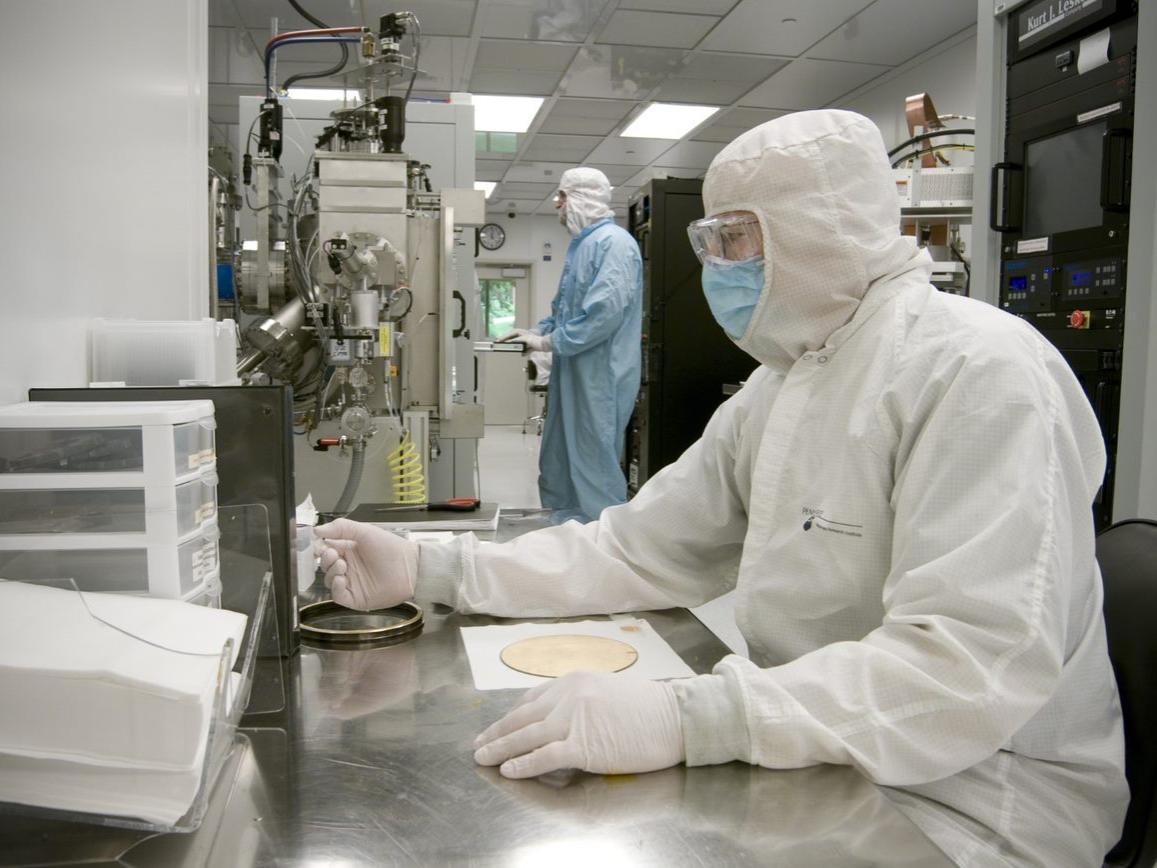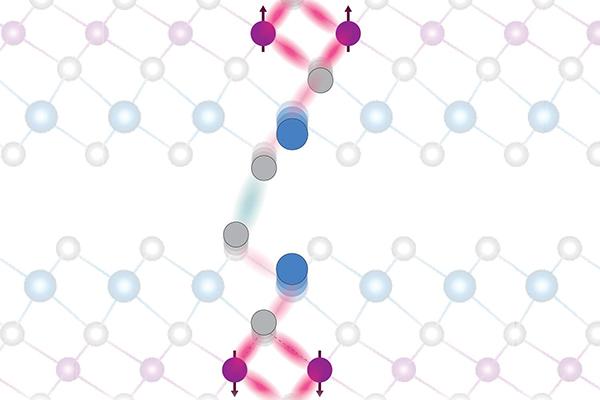Penn State professors Clive Randall and T.C. Mike Chung have been named 2021 fellows of the National Academy of Inventors (NAI).
Energy Days returns this May with a focus on the theme "Mobilizing Energy and Climate Solutions." The conference will occur on May 25 and 26 at The Penn Stater Hotel and Conference Center on the University Park campus of Penn State. The conference will also be available online. Registration is required for all attendees.
Penn State professor Long-Qing Chen recently received the 2022 FMD John Bardeen Award from the Minerals, Metals & Materials Society (TMS).
Graduate programs in Penn State's College of Earth and Mineral Sciences were recently recognized among the nation’s best in U.S. News & World Report's 2023 Best Graduate Schools rankings.
The Institutes of Energy and the Environment (IEE) awarded seed grants to 21 groups of interdisciplinary researchers at Penn State for the 2021–22 cycle.
More than 12 million tons of glass are produced annually in the United States, but only 25% of glass is recycled and non-soda lime silicate glass compositions used in smartphones and other electronic devices cannot be recycled at all. Penn State recently received funding for the project, “Enabling Improved Glass Recycling Technology and Modeling Tools,” to help promote higher recycling rates in Pennsylvania.
The Penn State Materials Research Institute (MRI) has announced the 2022 recipients of seed grants that will enable University faculty to establish new collaborations with partners outside their own units for the exploration of transformative ideas for high-impact materials science and engineering.
Penn State has nominated juniors Ellie Kim and Zachary Trdinich for the 2022 Astronaut Scholarship, which awards $15,000 to undergraduates in science, technology, engineering and math (STEM) fields who intend to pursue a career in research.
Six University faculty members have received 2022 Faculty Scholar Medals for Outstanding Achievement.
Magnetism, one of the oldest technologies known to humans, is at the forefront of new-age materials that could enable next-generation lossless electronics and quantum computers. Researchers led by Penn State and the university of California, San Diego have discovered a new ‘knob’ to control the magnetic behavior of one promising quantum material, and the findings could pave the way toward novel, efficient and ultra-fast devices.



